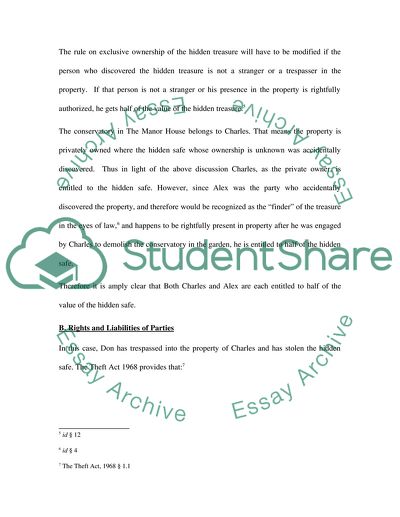Cite this document
(Commercial and Personal Property Law Assignment, n.d.)
Commercial and Personal Property Law Assignment. Retrieved from https://studentshare.org/law/1705509-commercial-and-personal-property-law
Commercial and Personal Property Law Assignment. Retrieved from https://studentshare.org/law/1705509-commercial-and-personal-property-law
(Commercial and Personal Property Law Assignment)
Commercial and Personal Property Law Assignment. https://studentshare.org/law/1705509-commercial-and-personal-property-law.
Commercial and Personal Property Law Assignment. https://studentshare.org/law/1705509-commercial-and-personal-property-law.
“Commercial and Personal Property Law Assignment”, n.d. https://studentshare.org/law/1705509-commercial-and-personal-property-law.


